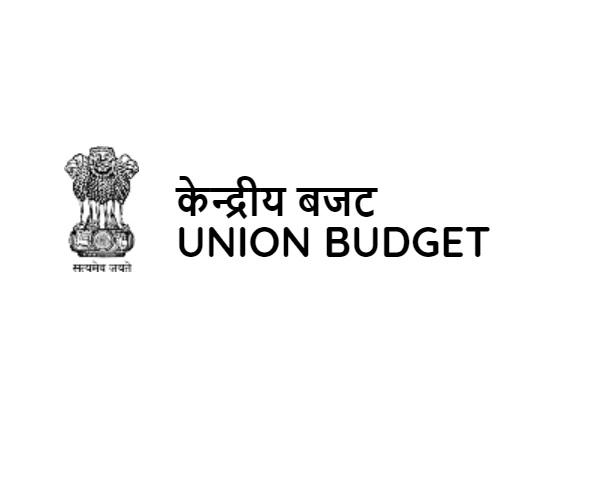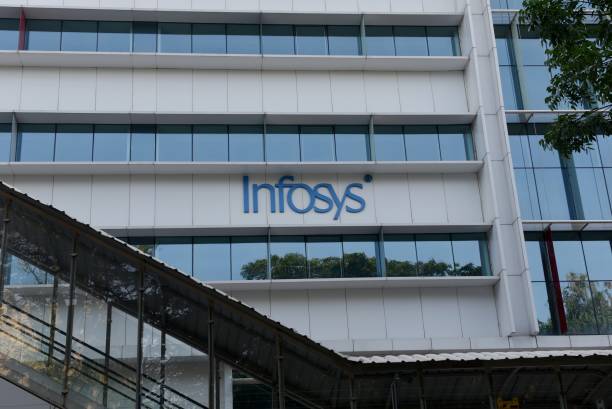Banking sector’s wishlist for Union Budget 2024: Key expectations outlined by 4 top experts

Finance Minister Nirmala Sitharaman is set to present the full-year Union Budget for FY24-25 on July 23, 2024. The impact of the Union Budget on the equity market has reduced notably over the past few years with the government undertaking most of the reforms outside the purview of the Budget. However, this upcoming Budget is seen as a crucial catalyst for stimulating economic growth. As the first full-year Budget following the formation of the NDA 3.0 government, market participants are keenly observing its potential effects on the Indian economy and market.
As the upcoming Union Budget draws near, the banking sector has high expectations for policy changes and incentives that could drive growth, enhance financial stability, and support digitalisation. Insights from leading industry experts shed light on what the sector is hoping to see.
Finance Minister Nirmala Sitharaman is set to present the full-year Union Budget for FY24-25 on July 23, 2024. The impact of the Union Budget on the equity market has reduced notably over the past few years with the government undertaking most of the reforms outside the purview of the Budget. However, this upcoming Budget is seen as a crucial catalyst for stimulating economic growth. As the first full-year Budget following the formation of the NDA 3.0 government, market participants are keenly observing its potential effects on the Indian economy and market.
Deepak Jasani, Head of Retail Research at HDFC securities
Deepak Jasani emphasises the need for the Government of India to divest stakes in public sector banks, citing large government holdings and favorable market conditions. He also noted that given the challenge of raising deposits by banks, they would welcome parity with taxation of mutual funds and/or increase in the deduction limit for interest from bank deposits.
He also stated that banks expect fiscal deficit target to be lowered compared to the interim budget (given the bumper RBI dividend) so that Gsec borrowings fall and interest rates soften across the economy and banks get benefit of MTM gains on their investment portfolio.
asani also advocates for establishing a dedicated refinancing entity for non-banking financial companies (NBFCs) and anticipates measures to promote digitalisation, enhance cybersecurity, address non-performing assets (NPAs), and introduce financial inclusion reforms.
Atul Parakh – CEO, Bigul
Atul Parakh forecasts potential measures in the Budget to boost credit growth, announcements on NPAs and resolution mechanisms, initiatives to increase financial inclusion, capital infusion plans for public sector banks, and reforms to strengthen the overall financial system. However, he notes that specific details will remain speculative until the Budget is officially presented.
Jignesh Shial, Director – Research; Head of BFSI Sector at InCred Capital
Jignesh Shial is particularly watchful for aids to the SME and affordable housing segments. He emphasises the importance of capex plans, considering them crucial for the current economic climate.
Jyoti Prakash Gadia, Managing Director at Resurgent India
Jyoti Prakash Gadia emphasises the banking sector’s resilience, noting the lowest NPAs in recent history and comparatively healthy balance sheets. He advocates for policies that propel credit and deposit growth for sustainable long-term economic growth. Gadia underscores the importance of addressing priority sectors, the rural economy, MSMEs, and employment generation. He calls for improved bank operations, potentially requiring budgetary support for deposit growth with more tax benefits for depositors.
Deepak Jasani, Head of Retail Research at HDFC securities
Deepak Jasani emphasises the need for the Government of India to divest stakes in public sector banks, citing large government holdings and favorable market conditions. He also noted that given the challenge of raising deposits by banks, they would welcome parity with taxation of mutual funds and/or increase in the deduction limit for interest from bank deposits.
He also stated that banks expect fiscal deficit target to be lowered compared to the interim budget (given the bumper RBI dividend) so that Gsec borrowings fall and interest rates soften across the economy and banks get benefit of MTM gains on their investment portfolio.
Jasani also advocates for establishing a dedicated refinancing entity for non-banking financial companies (NBFCs) and anticipates measures to promote digitalisation, enhance cybersecurity, address non-performing assets (NPAs), and introduce financial inclusion reforms.
Atul Parakh – CEO, Bigul
Atul Parakh forecasts potential measures in the Budget to boost credit growth, announcements on NPAs and resolution mechanisms, initiatives to increase financial inclusion, capital infusion plans for public sector banks, and reforms to strengthen the overall financial system. However, he notes that specific details will remain speculative until the Budget is officially presented.
Jignesh Shial, Director – Research; Head of BFSI Sector at InCred Capital
Jignesh Shial is particularly watchful for aids to the SME and affordable housing segments. He emphasises the importance of capex plans, considering them crucial for the current economic climate.
Jyoti Prakash Gadia, Managing Director at Resurgent India
Jyoti Prakash Gadia emphasises the banking sector’s resilience, noting the lowest NPAs in recent history and comparatively healthy balance sheets. He advocates for policies that propel credit and deposit growth for sustainable long-term economic growth. Gadia underscores the importance of addressing priority sectors, the rural economy, MSMEs, and employment generation. He calls for improved bank operations, potentially requiring budgetary support for deposit growth with more tax benefits for depositors.
Additionally, Gadia highlighted the crucial role banks play in climate change issues, suggesting interest subvention for green financing projects and incentives for green deposits to attract customers for longer tenures. He proposes a hybrid annuity model (HAM) for renewable energy projects and support for lower CRAR provisions for these projects. Finally, Gadia suggests revisiting the privatisation or reduction of the government’s stake in some public sector banks to bring in resources and enhance competitive efficiency.
The banking sector has a comprehensive wishlist for the upcoming Union Budget, reflecting the industry’s diverse needs and aspirations. From divestment of government stakes and alignment of tax policies to support for green financing and measures to boost digitalisation, industry leaders have outlined several key areas for government action. By addressing these concerns, the government can foster a more robust, inclusive, and sustainable banking sector, ultimately contributing to the overall economic growth and stability of the country.




Post Comment